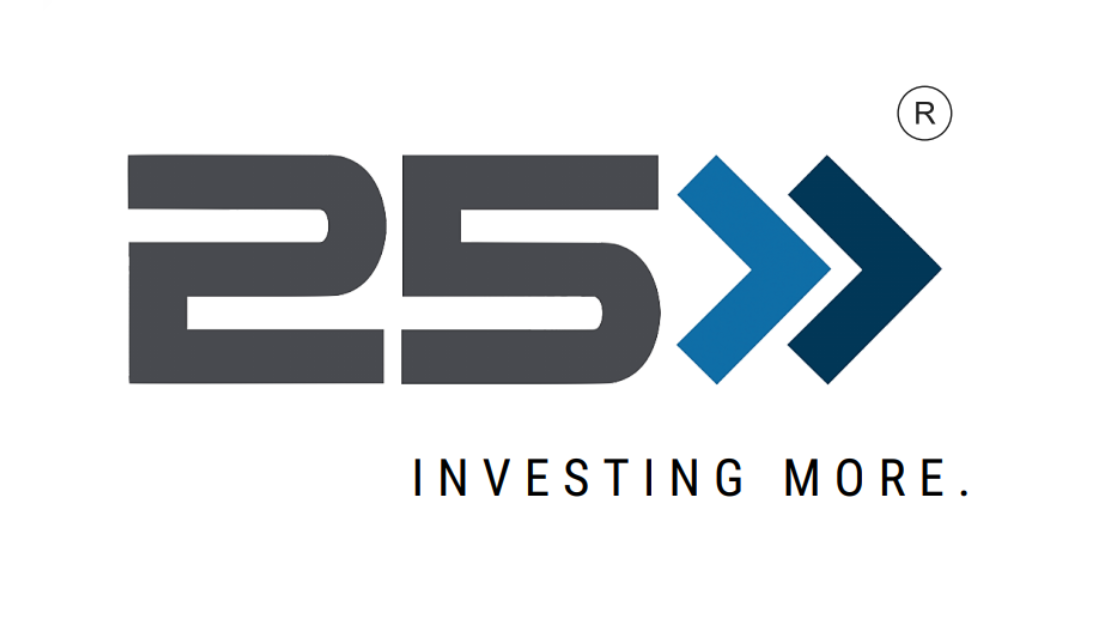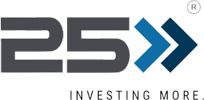5 Factors Physicians and Other High Net Worth Investors Should Consider Before Investing in Alternative Investments

Alternative Investments are investment opportunities that do not fall in the traditional categories of stocks, bonds or cash. Some examples may be private equity, hedge funds, limited partnerships and commodities. Our industry might call these “racehorse” investments as their intention is to out-perform traditional stock and bond investments (the “workhorse”). We believe that both the racehorse and workhorse investments are important to a well-diversified portfolio. Alternatives are not directly correlated to the public markets, and as a result, they can offer more diversification to high net worth individuals during times of volatility. Keep in mind that investors must meet the SEC’s definition of an accredited investor in order to participate in the majority of alternative investments. These investments carry more risk as they are not liquid and do not have the same regulation oversight as the traditional market. Investors should consult with their advisor or they can contact a 25 advisor to determine if they are eligible to participate.
Simply knowing that alternative investments are important in a portfolio is not enough. In fact, these investments can be detrimental to a portfolio without proper due diligence and compliance oversight. In addition to a scrupulous due diligence review of each investment, there are some general considerations that will help investors weed out the “bad apples.”
We have listed 5 key topics accredited investors should inquire of any alternative investment before further consideration of investing their hard-earned money. None of the following 5 factors are necessary nor sufficient on their own. But collectively, they will help guide investors to a better decision. The following 5 points are intended to educate accredited investors as they explore which alternative investments are best suited for their portfolio.
Full Cycle
Whose Money
Proprietary
Cash on Cash Return
Leverage
Summary
Important Information:
Our content is intended to be used and must be used for informational purposes only. It is very important to do your own analysis before making any investment based on your own personal circumstances. You should take independent financial advice from a professional in connection with, or independently research and verify, any information that you find on our website and wish to rely upon, whether for the purposes of making an investment decision or otherwise. 25 and Great Point Capital, LLC are not tax professionals. You should consult with your tax professional before taking actions which affect your tax situation
Securities offered through Great Point Capital, LLC, member FINRA, SIPC and NFA. Investment advisory services offered through 25, LLC, an SEC Registered Investment Advisor.




